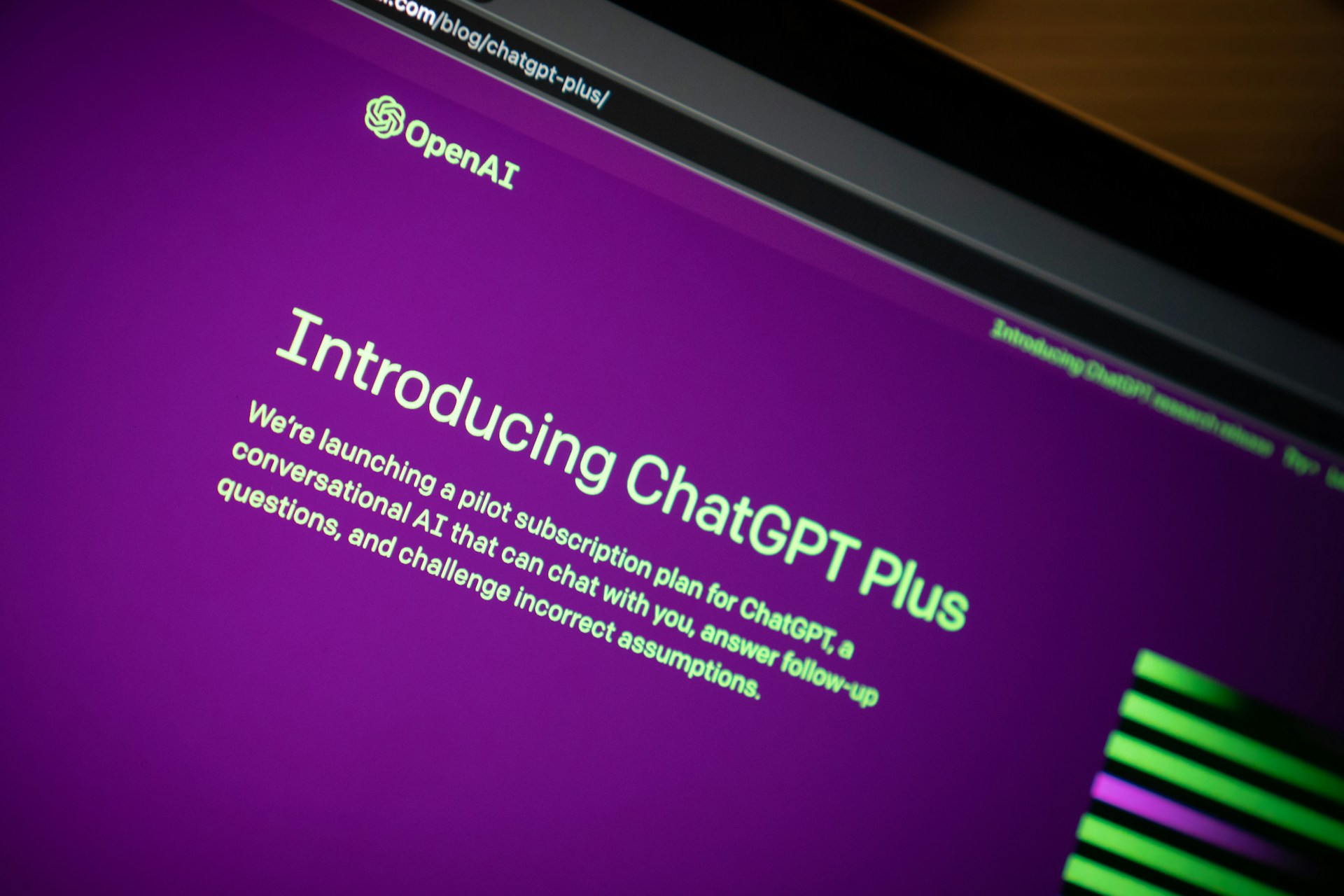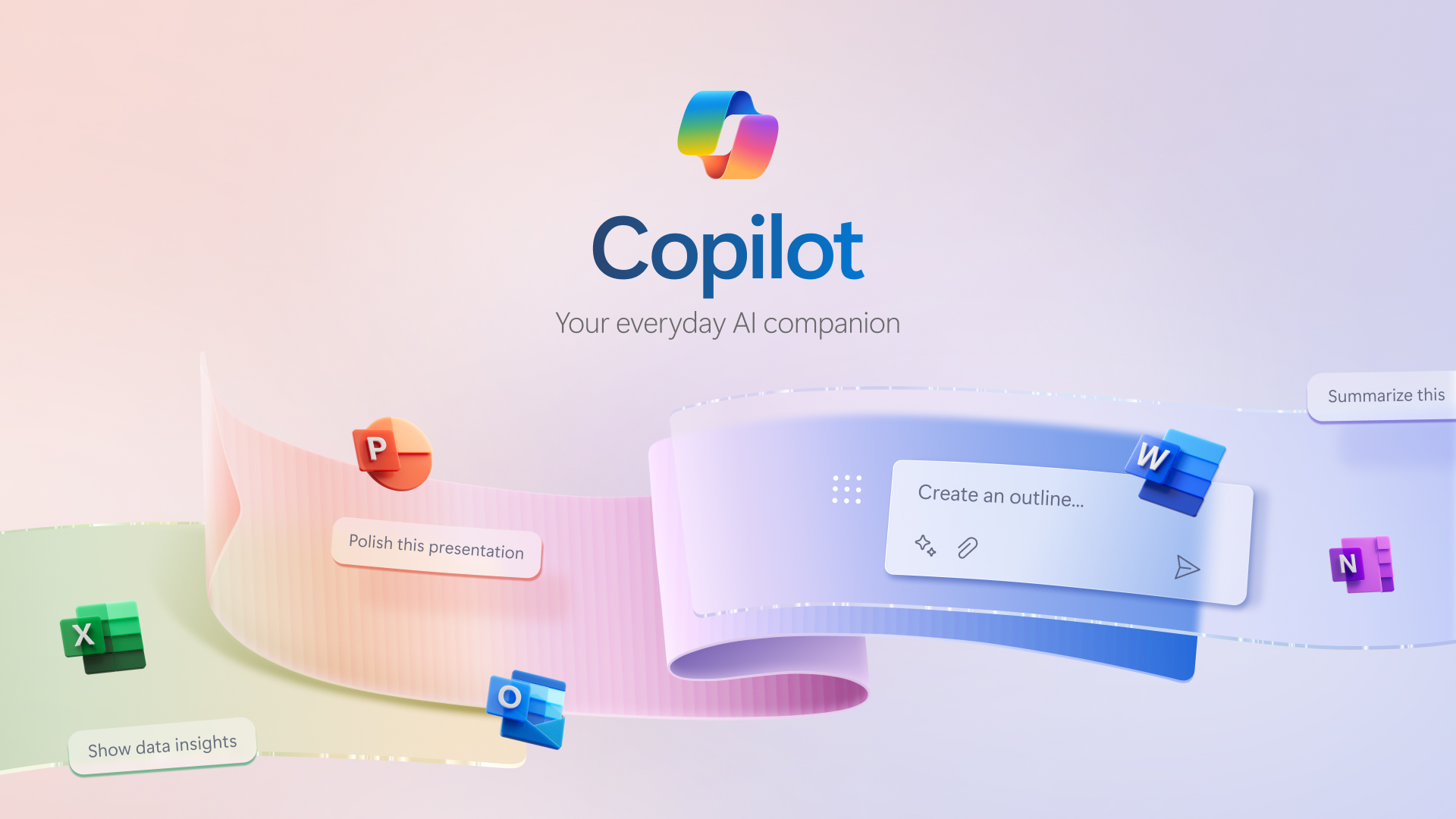As AI agents like ChatGPT, Perplexity, Claude, and Gemini become increasingly integrated into user workflows, we’re entering a pivotal era where traditional search engines are no longer the sole gatekeepers of information. This shift is redefining everything from SEO strategy to user acquisition, and brands need to adapt quickly.
Market Dynamics & User Behaviour
How quickly are AI agents taking share from traditional search engines?
AI agents are rapidly becoming the first stop for many users. In 2025 alone, Google searches for “AI agents” surged by 900%, according to Retail Technology Review. These tools are not just supplements to search—they’re replacements in many cases. Platforms like Perplexity have reported double-digit monthly user growth, especially among professionals and students.
What types of queries are users shifting to AI assistants for?
Users are increasingly turning to AI agents for:
-
Explainers and summaries (“What does X mean?”)
-
Comparisons (“What’s the best X for Y?”)
-
Planning and decision-making (travel, shopping, resumes, content drafts)
-
Coding help and document writing
-
Conversation-style follow-ups, which traditional search cannot handle well
However, for real-time news or niche product availability, users still lean on Google and Bing.
Are younger demographics more likely to use AI agents?
Yes. Gen Z and Millennials are leading this charge. Surveys show over 60% of Gen Z prefer AI assistants for search-like tasks over Google, driven by conversational ease and faster results. Younger users are also more trusting of AI-generated summaries, even over top-ranked traditional search pages.

Impact on SEO & Organic Traffic
Will AI agents reduce website traffic from organic search?
Yes—especially for top-of-funnel content. AI agents can now answer informational queries directly, often without sending users to websites. This means fewer clicks, even for high-ranking pages.
How will AI agents affect traditional SEO strategies?
-
Keyword optimization is less effective when AI agents bypass SERPs.
-
Backlinks may still signal authority (especially if AI uses web rankings), but they no longer guarantee visibility.
-
Content must now perform well semantically, not just structurally.
Can websites still rank or be referenced within AI-generated answers?
Yes, but the rules are changing:
-
Structured content (schemas, FAQs, lists) is more likely to be cited.
-
Authoritativeness and domain trust are crucial.
-
Being cited in AI training datasets, not just SERPs, matters more now.
Content Strategy
How should we adapt our content for discovery by AI agents?
-
Prioritize clarity: Use headings, clean formatting, and concise takeaways.
-
Optimize for AI summarization: Include executive summaries and direct answers early.
-
Feed data directly: Use schema.org, JSON-LD, and sitemaps to help agents parse your content.
Will long-form content still be relevant?
Yes—but the use case is shifting:
-
Long-form still ranks well for depth and SEO.
-
It now functions more as a source for AI citation than just user reading.
-
Split long-form into modular chunks for easier AI digestion.
Should we prioritize structured data, FAQs, and concise answers?
Absolutely. These formats are:
-
Easier for AI to summarize
-
More likely to be cited
-
Better suited to voice search and assistant-based interfaces
Customer Acquisition & Conversion
How do we drive conversions if users never reach our website?
You must now treat the AI agent as your new homepage:
-
Ensure brand mentions are accurate and persuasive in AI responses.
-
Push conversion hooks into summaries (e.g., “…offered by [Brand], which includes a free trial”).
-
Build AI-optimized landing pages with high conversion clarity.
Can AI agents recommend our products or services?
Yes—if they find:
-
Trusted reviews
-
Pricing information
-
Clear benefits or comparisons
They’ll often favor brands with well-structured, data-rich pages.
How do we influence what AI agents say about us?
-
Publish accurate, high-quality information on your own site.
-
Maintain up-to-date business profiles across the web.
-
Create owned content with product comparisons, testimonials, and guides that agents can draw from.

Measurement & Analytics
How do we measure AI agent impact on visibility?
New metrics are emerging:
-
Brand mention tracking in AI tools
-
Zero-click impression models
-
Engagement after AI mention (direct traffic spikes, conversions)
Are there tools that track AI mentions?
Emerging platforms include:
-
Glasp, WritersStrike, and PromptLayer for tracking content usage in prompts.
-
BuzzSumo and Mention adapting for AI-channel tracking.
-
Google Search Console may begin surfacing AI-driven traffic segments in the future.
Can we see referral traffic from AI agents?
It’s limited today, but increasing:
-
Perplexity, Brave, and some Microsoft tools may include “Source” links
-
Expect referral tagging via UTM or browser integrations in the near term
Paid Media & Advertising
Will AI agents introduce ad placements?
Yes—early versions of sponsored answers are already in testing:
-
Perplexity and You.com have announced monetization pilots.
-
Google’s Gemini is expected to integrate ads via Search.
Is there a future in advertising within AI agents?
Absolutely. Think:
-
Sponsored product mentions
-
Contextual ads inside answers
-
B2B lead generation placements
How can we shift budget if search declines?
-
Move spend to sponsored answers or AI-native ad formats
-
Invest in top-of-funnel awareness through brand storytelling in AI answers
-
Focus on community and creator integrations where AI pulls source material
Tools & Optimisation
Are there AI-specific optimization techniques (“AI Optimization”)?
Yes, including:
-
Prompt engineering for brand prompts
-
Fine-tuning small models with your content
-
Ensuring your brand content appears in public datasets AI agents reference
Should we submit structured data or train our own agents?
-
Submit structured content via schemas, XML feeds, or knowledge panels
-
Consider training small vertical agents or plugins (e.g., ChatGPT plugins) to steer discovery
Final Thoughts
AI agents aren’t just a novelty – they’re the new interface layer between users and the web. Smart brands will adapt quickly: optimising for answers, not just rankings; for summarisation, not just clicks; and for brand presence across an AI-first internet.

